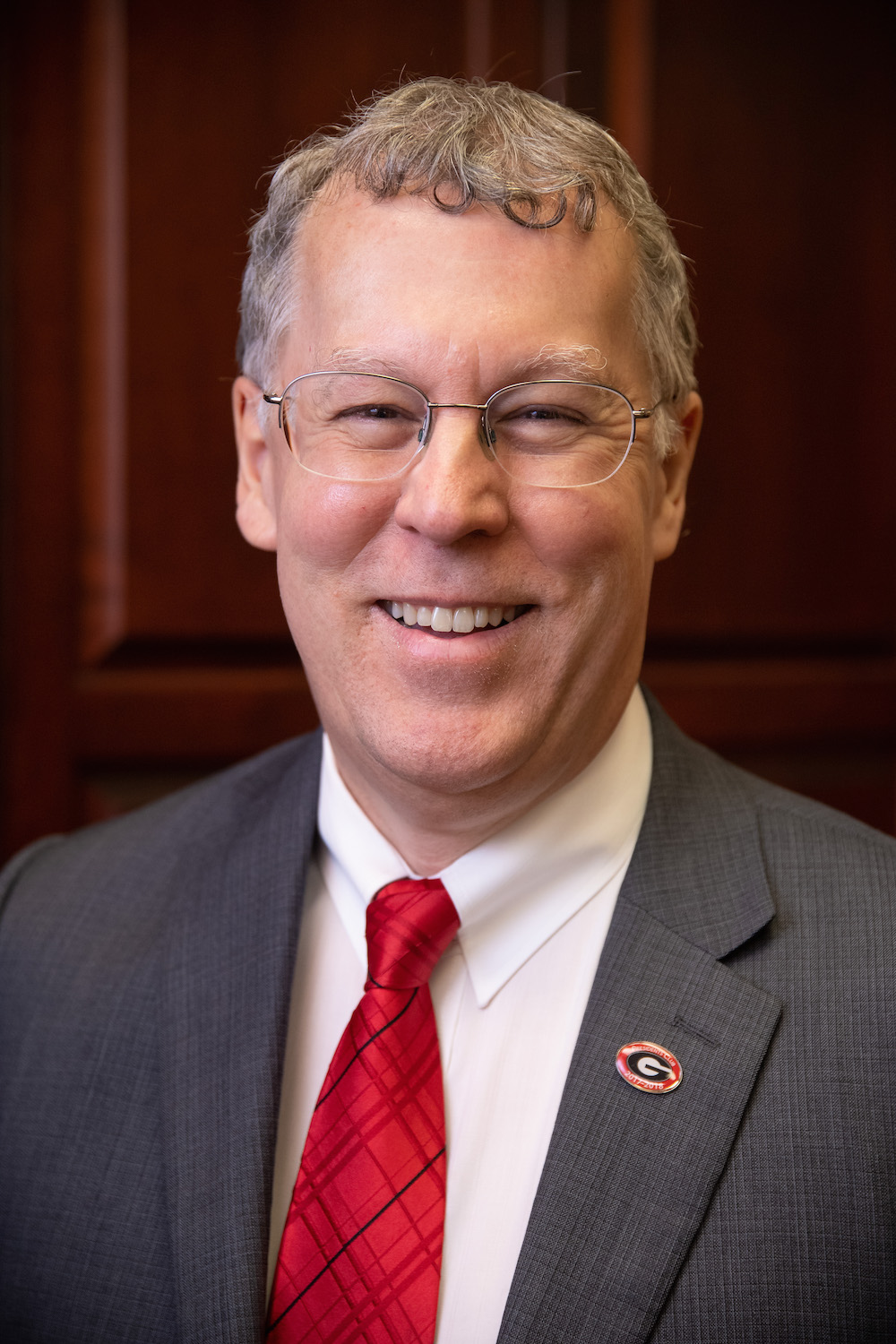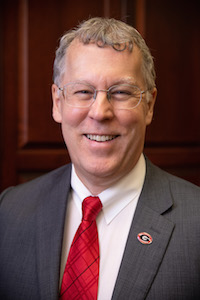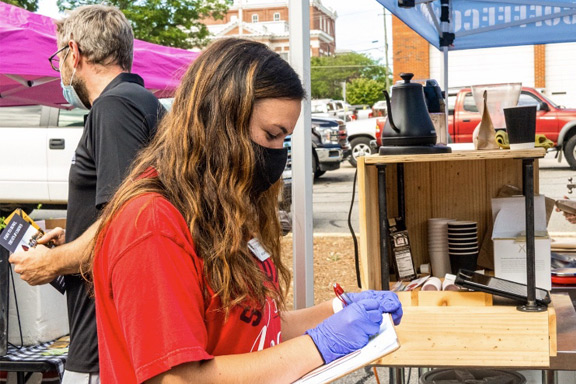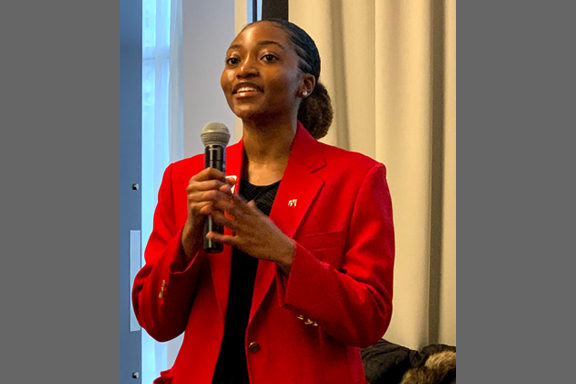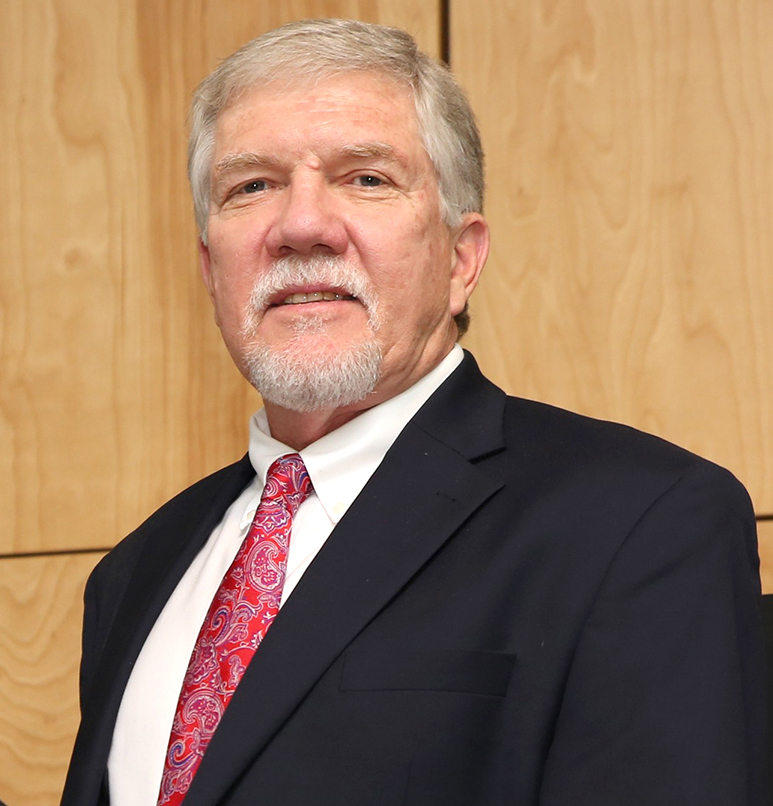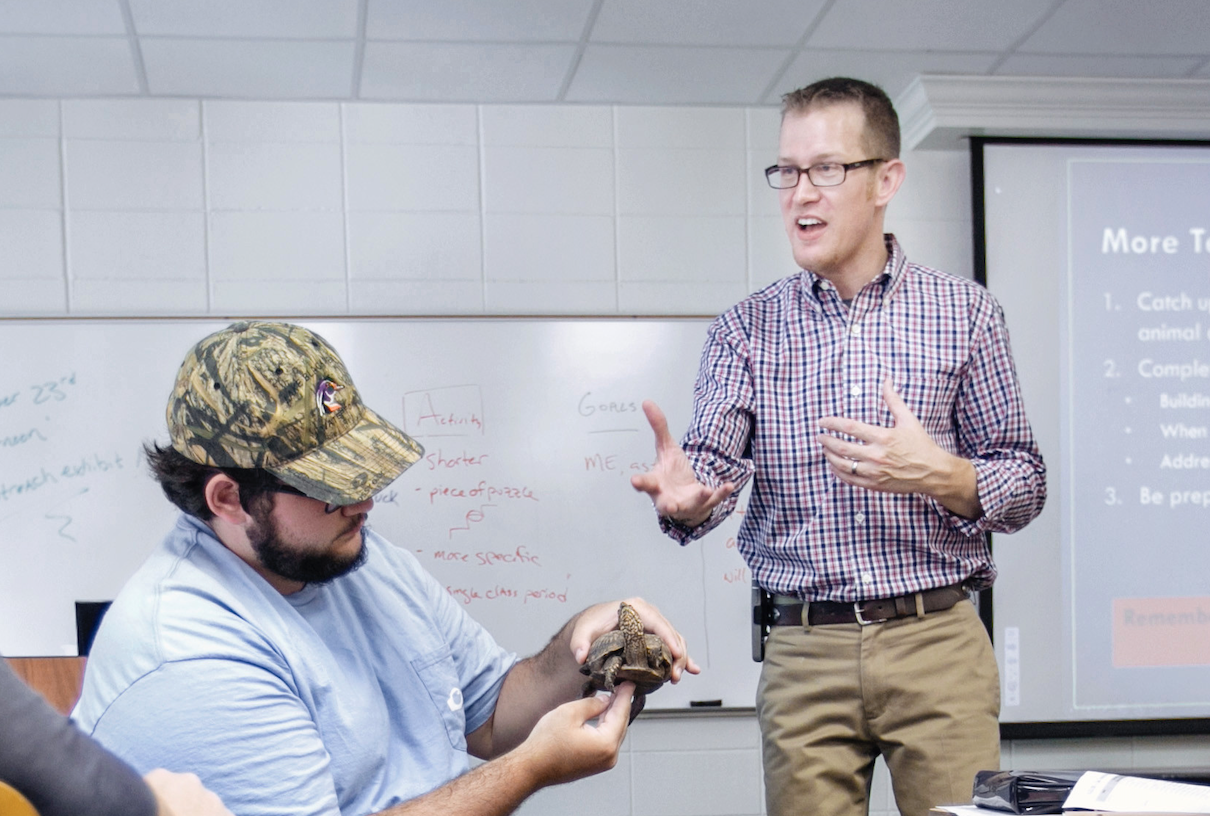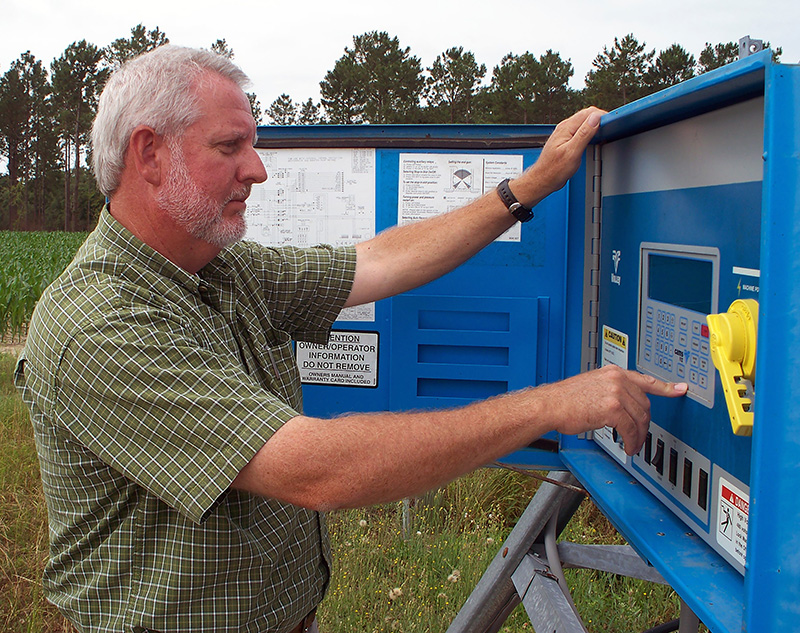The University of Georgia just welcomed another exceptional class of students to campus to kick off the new school year. The UGA Class of 2023 has an average weighted high school GPA above 4.0 and a record average of nine Advanced Placement or International Baccalaureate courses. Plus, 82% of incoming students are Georgia residents representing 91% of Georgia’s counties.
While those are great statistics that the university should be proud of, for many promising students in Georgia, it creates an often-false impression that they don’t have an opportunity to become a Bulldog.
That’s not always the case.
I frequently remind high school students that there is more than one road to get to Ag Hill on the UGA campus. And that path doesn’t have to be a straight line. Many students perform better and stretch their available college funding further by spending a year or two close to home at a smaller University System of Georgia institution before transferring to UGA.
But you do have to apply to get accepted.
We have too many counties in Georgia where no students even apply to UGA. And, over the past five years, there are 10 Georgia counties who have had no students enrolled in the College of Agricultural and Environmental Sciences.
However, this past spring, CAES did have students from 139 of Georgia’s 159 counties. Not surprisingly, the counties with the highest number of students in the college were the metro-Atlanta counties that have the largest student populations, closely mirroring the student body of the university as a whole.
When we look at the five-year trend of top 10 Georgia counties with students enrolled in the college, it’s pretty much the same. That list includes Clarke, Cherokee, Cobb, DeKalb, Fayette, Forsyth, Fulton, Gwinnett, Houston and Oconee.
However, when you look at the same list and adjust for population, it looks a little different: Decatur, Franklin, Irwin, Madison, Miller, Morgan, Oconee, Oglethorpe, Seminole and Stewart round out the college’s top 10 feeder counties.
While these statistics show we are doing a pretty good job of attracting students from across Georgia, we continue to look for ways to do better. It is incumbent upon us to develop and train students from across the state to be leaders and innovators, who will live and work in every corner of Georgia to build and promote prosperity and to make a difference in their communities.
Over the past decade, some rural Georgians have indeed struggled to gain admission into UGA. Others may have had a difficult time adjusting to the size and scope of the university once they made it to campus.
To help improve rural student success, UGA introduced a new scholarship for exceptional students from rural Georgia as a part of the ALL Georgia program. This program provides a network of resources available on campus ranging from rural student focused events, summer camps and RISE Scholars, a yearlong leadership and academic program to enrich student connections and improve student retention and graduation rates.
CAES was recently ranked the No. 3 college of agriculture in the U.S. by Niche.com, an organization that ranks schools and colleges across America. Our students enjoy one of the highest employment rates at graduation among all UGA colleges, one of the highest percentage of graduates accepted for graduate or professional programs, and the third-highest average starting salaries among their UGA peers.
Agriculture remains the primary economic engine in Georgia, and hospitality, one of our most promising new majors, is also booming. Georgia needs a well-educated workforce and some of our brightest, most innovative minds living and working in rural America to keep the economy growing and to help the state maintain its status as the best place in the country in which to do business.
If your heart is in agriculture and you dream of being a part of the Bulldog Nation, don’t let lofty statistics scare you away. Let us help you build a path that’s right for you and will put you on the road to success.
Sam Pardue is dean and director of the University of Georgia College of Agricultural and Environmental Sciences.

